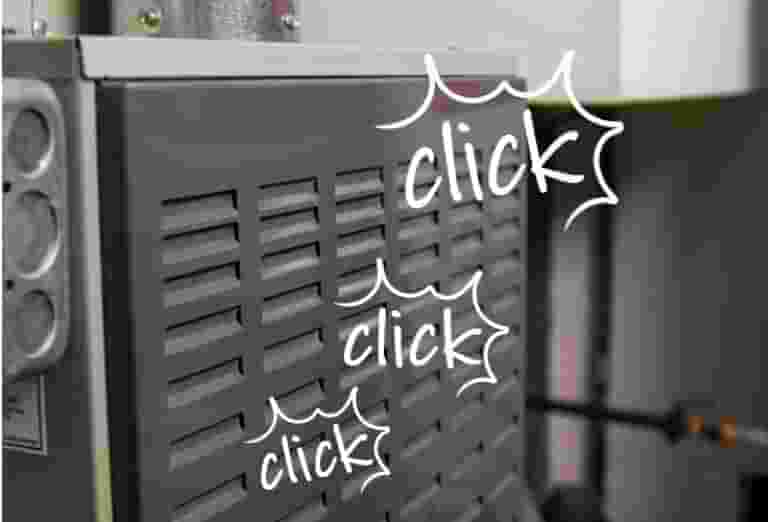Mr. Handyman has been helping homeowners repair, maintain, and enhance their spaces for over 25 years! We are the one-stop solution for everything on your to-do list. This includes answering your questions about home repairs, maintenance, and improvements. Here are answers to some of your most frequently asked questions about light timers.
Can light timers work with any type of light fixture?
No. Light timers are versatile and work with a wide range of light fixtures, but it depends on the type of timer and bulb. Standard timers often work best with incandescent and halogen bulbs. If you’re using LED or CFL bulbs, you may require a timer designed for those due to differences in wattage and electrical properties. If you're uncertain about the compatibility of your fixtures, call for professional light timer installation services to ensure safe and efficient operation.
How do I choose the right light timer?
Picking the right light timer depends on your needs. For basic on/off functionality, a mechanical timer is a good choice. For more flexibility, digital timers let you set detailed schedules. Smart timers go a step further with app control and smart home integration. For outdoor lights, make sure to choose a weatherproof model. If you’re unsure about the compatibility of your fixtures, a professional can help you figure out the best option for your home.
Do I need a professional to install a light timer?
Not always. Basic plug-in light timers are simple enough for DIY installation. However, if your setup involves complex wiring or smart home integration, it’s better to call in a pro. Incorrect light timer installation could lead to injury, electrical issues, or even void your warranty. A professional will ensure everything is installed correctly and works perfectly.
How do I program a digital light timer?
Curious about how to set a light timer? Programming a digital light timer involves a few simple steps:
- Set the current time: Begin by setting the present day and time on your timer.
- Program your schedule: Use the timer's buttons or app (for smart timers) to select specific times for the lights to turn on and off.
- Activate the program: Save your schedule and ensure the timer is set to “On” or "Auto" mode.
- Test the timer: Verify that it follows your programmed settings by observing its operation over a day. If you encounter issues, refer to the manual or consult light timer installation professionals for help.
Are smart light timers better than traditional ones?
Smart light timers are a step up from traditional models when it comes to convenience and efficiency. You can control them remotely, set detailed schedules, and even integrate them with smart devices. Some models include motion detection or energy tracking, which can help save even more on your electric bill. Traditional timers are reliable for basic needs, but if you’re looking for more control and energy savings, smart timers are the way to go.
 Click to call
Click to call


